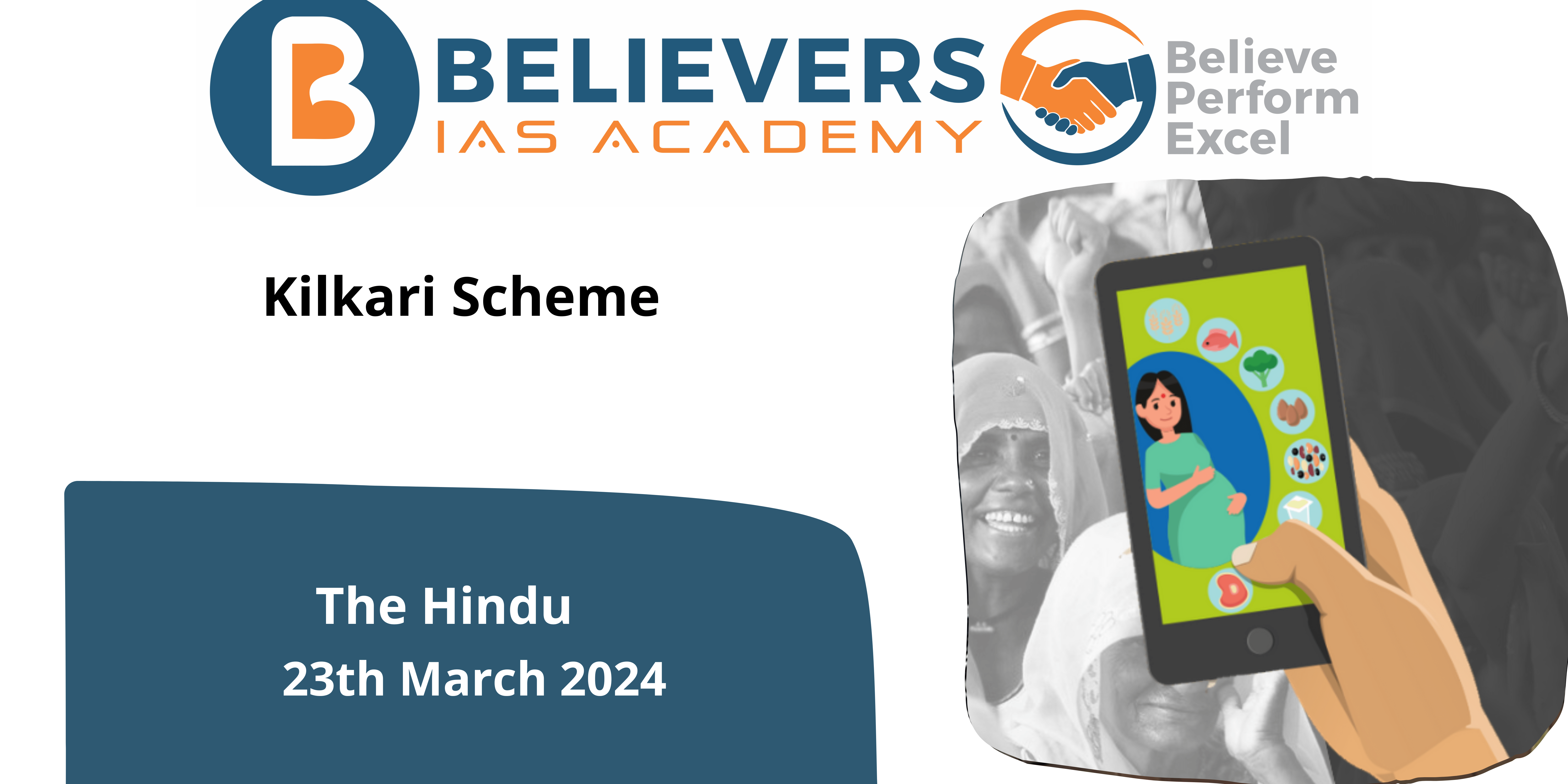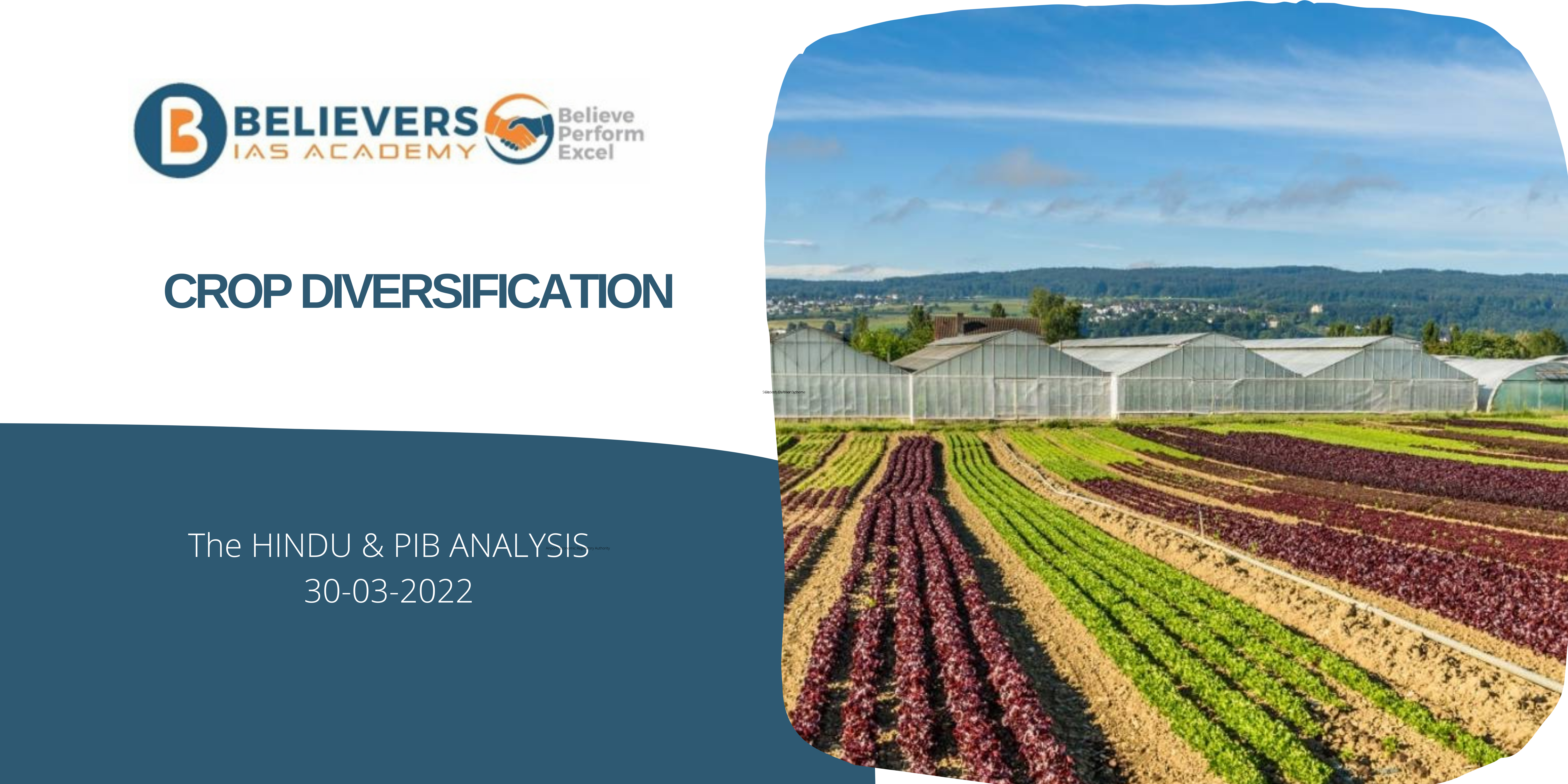Kilkari Scheme
Context:
Recently the union Ministers of State for Health and Family Welfare virtually launched the Kilkari programme.
- It is a Mobile Health (m-health) initiative for beneficiaries in local content in Gujarat and Maharashtra.
Relevance:
GS-02 (Government policies and interventions)
About the Kilkari Scheme :
- The Kilkari program is a mobile-based service launched in 2016 as a part of its Digital India initiative for new and expectant mothers to encourage them to make healthier choices for their newborn care by delivering messages about pregnancy, childbirth and childcare directly to the beneficiaries.
- It is an audio-based service and hence overcomes the literacy challenges of rural India.
- Kilkari delivers free, weekly, time-appropriate audio messages about pregnancy, childbirth and childcare via Interactive Voice Response (IVR) to women registered in the RCH portal.
- Messaging begins in the second trimester of pregnancy and continues until the child is one year old.
- The pregnant mother’s data is fetched from the RCH portal to Kilkari through the web service.
- The project is being implemented in 20 states and UTs.
Other Programs Focusing on Women’s Nutritional and Health:
- Indira Gandhi Matritva Sahyog Yojna (IGMSY): Implemented by the Ministry of Women and Child Development, this scheme offers cash incentives to pregnant and lactating mothers to enhance their health and nutrition.
- Kudumbashree in Kerala: Launched in 1998, Kudumbashree aims to eradicate absolute poverty through community action. It is the largest women empowerment initiative in India, comprising microcredit, entrepreneurship, and empowerment components.
- Poshan Abhiyaan: Introduced in March 2018, Poshan Abhiyaan seeks to improve the nutritional status of children (0-6 years) and pregnant and lactating mothers within a specific timeframe.
- Integrated Child Development Services (ICDS) Scheme: Implemented by the Ministry of Women and Child Development, ICDS provides targeted interventions for vulnerable groups, including children under 6 years and women, to promote their health and well-being.




